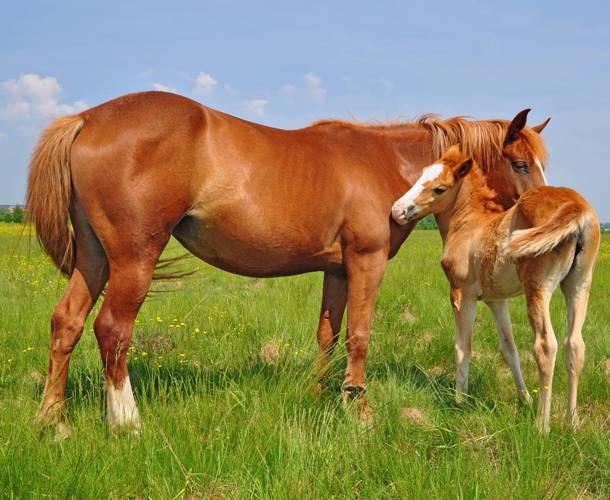Horse Worm Information
The reality of a worm infestation may be properly understood if one considers that a horse's parasite will lay eggs in the intestinal tract that are then excreted via the stool. This manure ends up on your pasture, where the eggs hatch and larvae appear. These little parasites will find their way onto the grass - many of these small creatures may even inhabit one drop of dew - where they are picked up by a horse as it feeds. Once ingested, the larvae will enter the animal's intestinal tract where they will briefly hibernate before undergoing a change that will propel them into the next stage of life where the entire process will begin again.
The affected horse will present with diarrhea, fever and also colic. Horse owners may at first believe that the feed is to blame and they may change it, further aggravating the horse's affected intestinal tract.
Signs or Symptoms My Horse has Worms
First, we must discuss the difference between signs and symptoms because the 2 terms are often used interchangeably.
Signs: involves objective findings - things we can actually see for example, nasal discharge and weight loss.
Symptoms: involves subjective findings - is how one feels, based mostly on opinions.
There are four main types of internal parasites that pass through the horse's body during their life cycle. Some may cause extensive damage and in the section below, we have listed them with the signs that the horse may show. We have also included bots, which primarily occurs in the horse's coat and hair.

Equine Parasites Today
Location of Parasites in Horses
Lecture by Martin K Nielsen, DVM, PhD, DipACVM
Equine Worm Infestation
Please click on thumbnails to read more about each worm class:





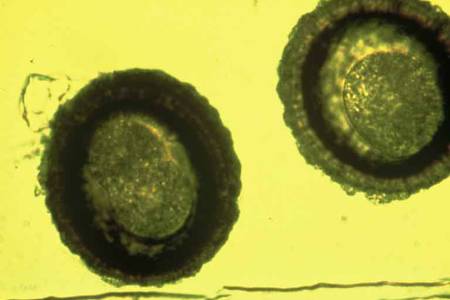 Roundworms
Roundworms
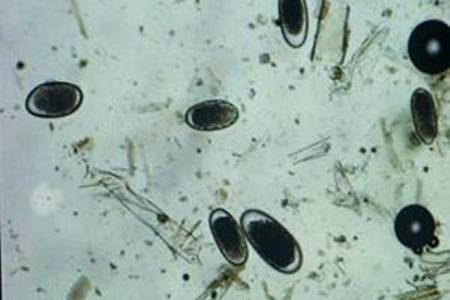 Strongyles
Strongyles
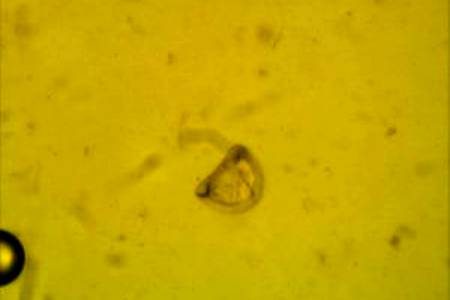 Tapeworms
Tapeworms
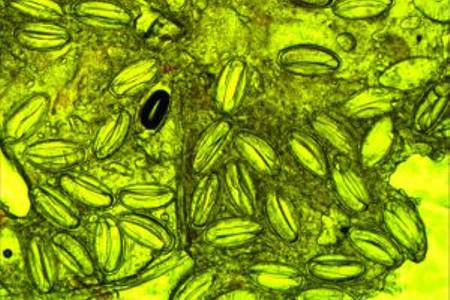 Pinworms
Pinworms
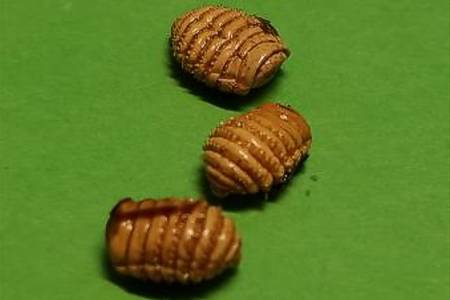 Bots
Bots



